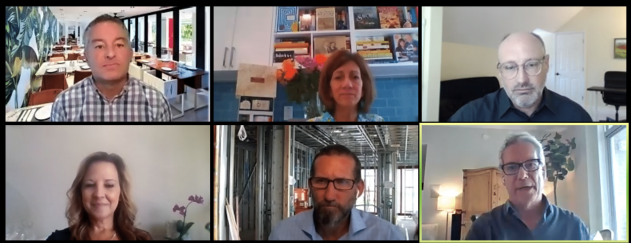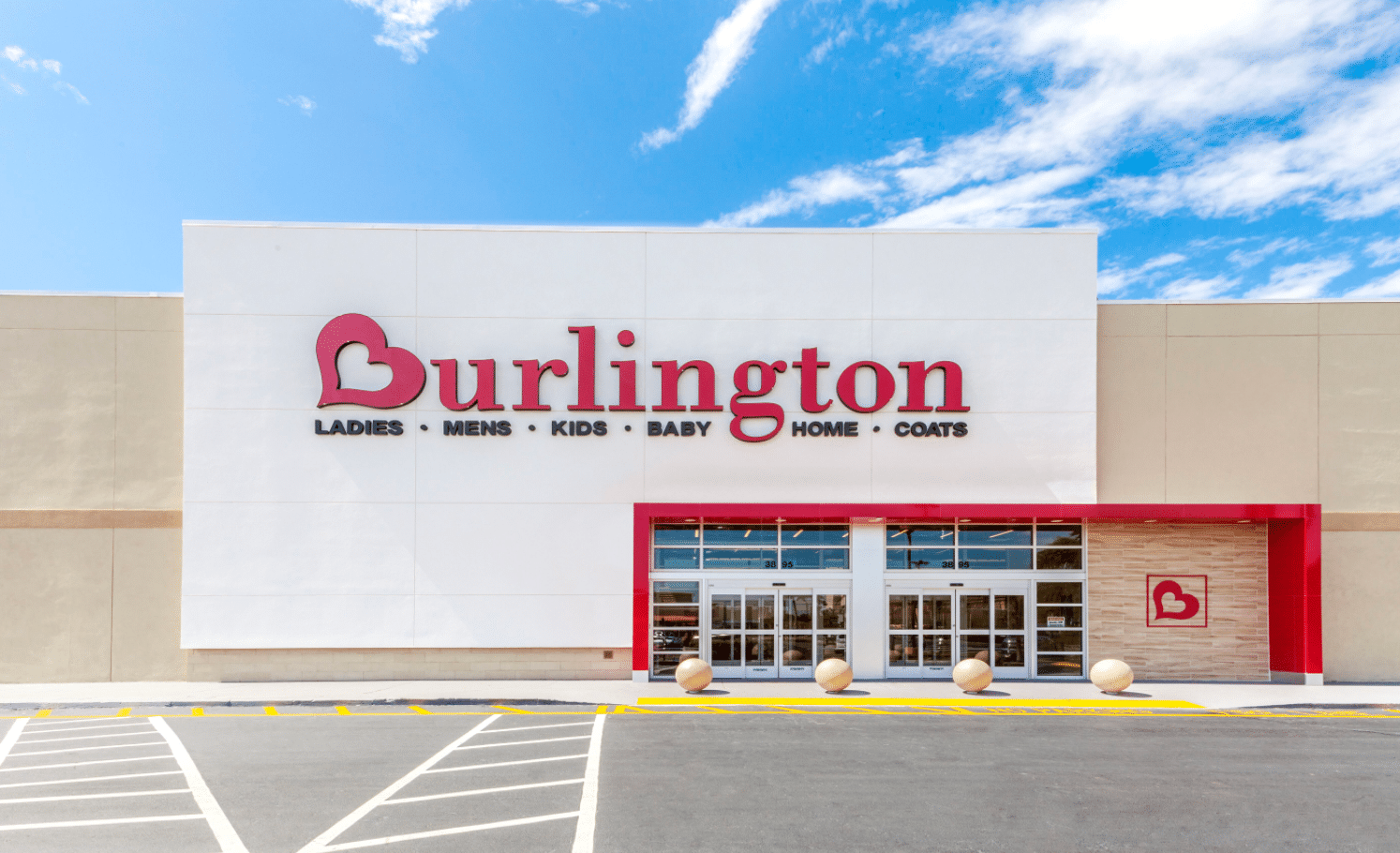 Measures to contain the spread of coronavirus are still shifting by the day — and so are responses by investors, developers, general contractors, architects, builders, banks, and buyers. To track the impact in real-time, The Miami Herald sat down with our client, Patrick Lee, founder, and president of Wynwood-based Shorecrest Construction, as part of its RE|on-the-ground source Miami interview series.
Measures to contain the spread of coronavirus are still shifting by the day — and so are responses by investors, developers, general contractors, architects, builders, banks, and buyers. To track the impact in real-time, The Miami Herald sat down with our client, Patrick Lee, founder, and president of Wynwood-based Shorecrest Construction, as part of its RE|on-the-ground source Miami interview series.
Miami Herald: How is the coronavirus crisis impacting your business? Have you had layoffs? Slowdowns on existing jobs?
Patrick: At this time, the state and most municipalities are considering construction an essential business, so most of our projects are continuing to progress. We haven’t had layoffs and are hopeful that won’t be necessary. Production is absolutely affected due to new coordination challenges and the uncertainty in the world, but we are grateful to keep people employed and busy. That said, we are trying to balance this with keeping everyone safe, which is challenging.
Miami Herald: Several local cities just shut down construction sites. What impact do you think that will have on your business and on real estate as a whole?
Patrick: So far it hasn’t negatively affected us, but if it becomes more comprehensive it will. Our business and the real estate market as a whole are tied to the economy. Any additional large-scale negative impacts to the economy will affect real estate and the construction industry.
I’m hopeful that the US can contain the virus, get a comprehensive testing program, and eventually a vaccine. Once that is done, we would hope to get back to work at full capacity.
Miami Herald: You have a residential portfolio as well as commercial one. How are the safety challenges different on the two types of job sites?
Patrick: We implemented job-site policies to try our best to prevent the spread of the coronavirus including required hand-washing, masks, social distancing, and checking people’s temperatures. We have to maintain a healthy environment. Our residential, single-family home projects are easier to manage because the tradesman can separate and maneuver more independently, whereas the commercial projects have areas where the workers funnel, like access points, elevators, etc.
To read the full interview, visit miamiherald.com.
 Global design and engineering firm Stantec celebrates the completion of the five-story 17 West, a mixed-use development that includes Miami Beach’s highly anticipated Trader Joe’s grocery store.
Global design and engineering firm Stantec celebrates the completion of the five-story 17 West, a mixed-use development that includes Miami Beach’s highly anticipated Trader Joe’s grocery store.
 The arts continue to expand in Miami’s Wynwood! Built by Miami-based general contractor
The arts continue to expand in Miami’s Wynwood! Built by Miami-based general contractor 
 Award-winning architecture firm,
Award-winning architecture firm,  Stantec Miami’s Senior Principal Andrew Burnett was recently interviewed by Invest Miami where he shared how the global design and engineering firm likes to think beyond traditional traits to focus on building communities.
Stantec Miami’s Senior Principal Andrew Burnett was recently interviewed by Invest Miami where he shared how the global design and engineering firm likes to think beyond traditional traits to focus on building communities.

 Miami-based Related Group has hired global integrated design firm Stantec to handle architectural and engineering for a new multi-use residential project located in the City of Miramar, Florida.
Miami-based Related Group has hired global integrated design firm Stantec to handle architectural and engineering for a new multi-use residential project located in the City of Miramar, Florida. Measures to contain the spread of coronavirus are still shifting by the day — and so are responses by investors, developers, general contractors, architects, builders, banks, and buyers. To track the impact in real-time, The Miami Herald sat down with our client, Patrick Lee, founder, and president of Wynwood-based Shorecrest Construction, as part of its RE|on-the-ground source Miami interview series.
Measures to contain the spread of coronavirus are still shifting by the day — and so are responses by investors, developers, general contractors, architects, builders, banks, and buyers. To track the impact in real-time, The Miami Herald sat down with our client, Patrick Lee, founder, and president of Wynwood-based Shorecrest Construction, as part of its RE|on-the-ground source Miami interview series.